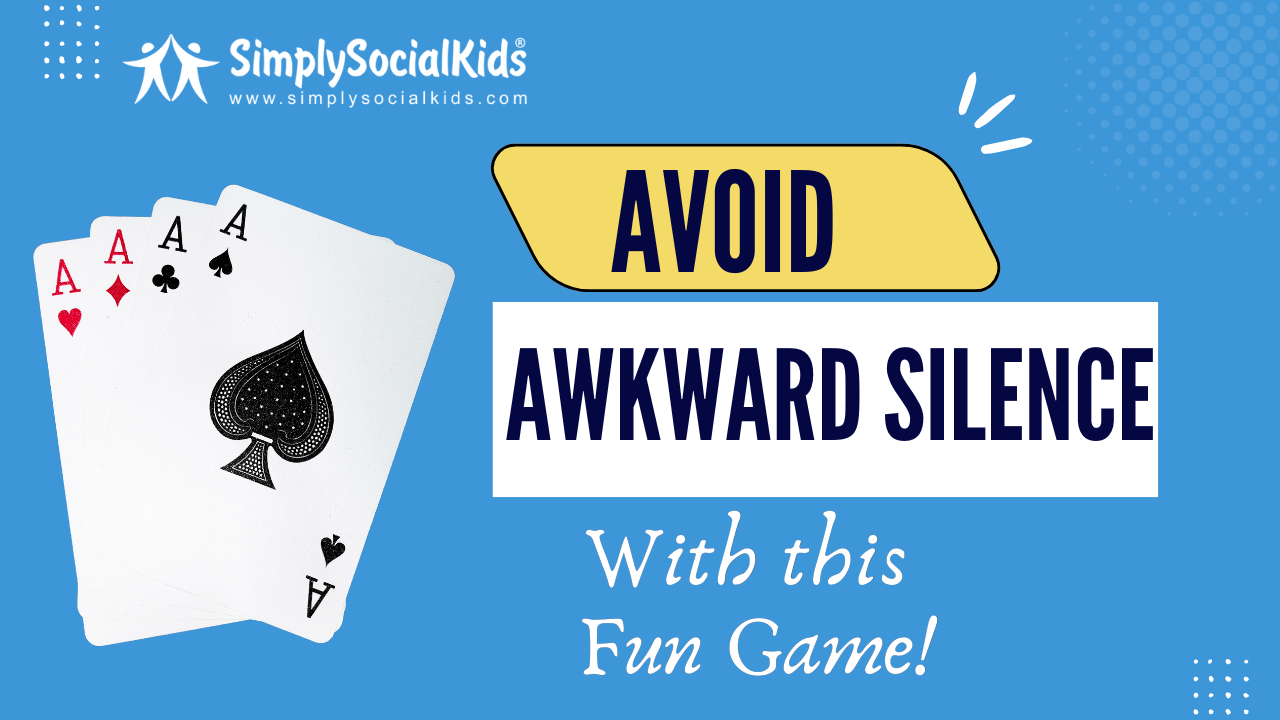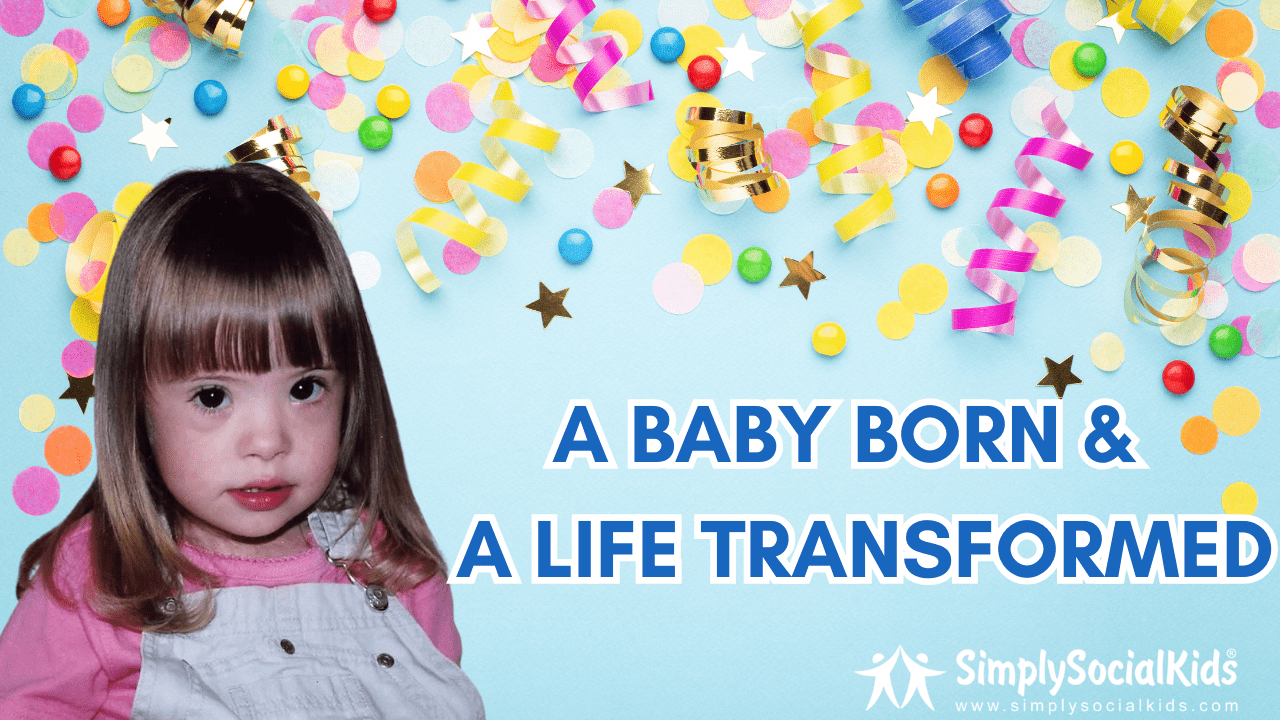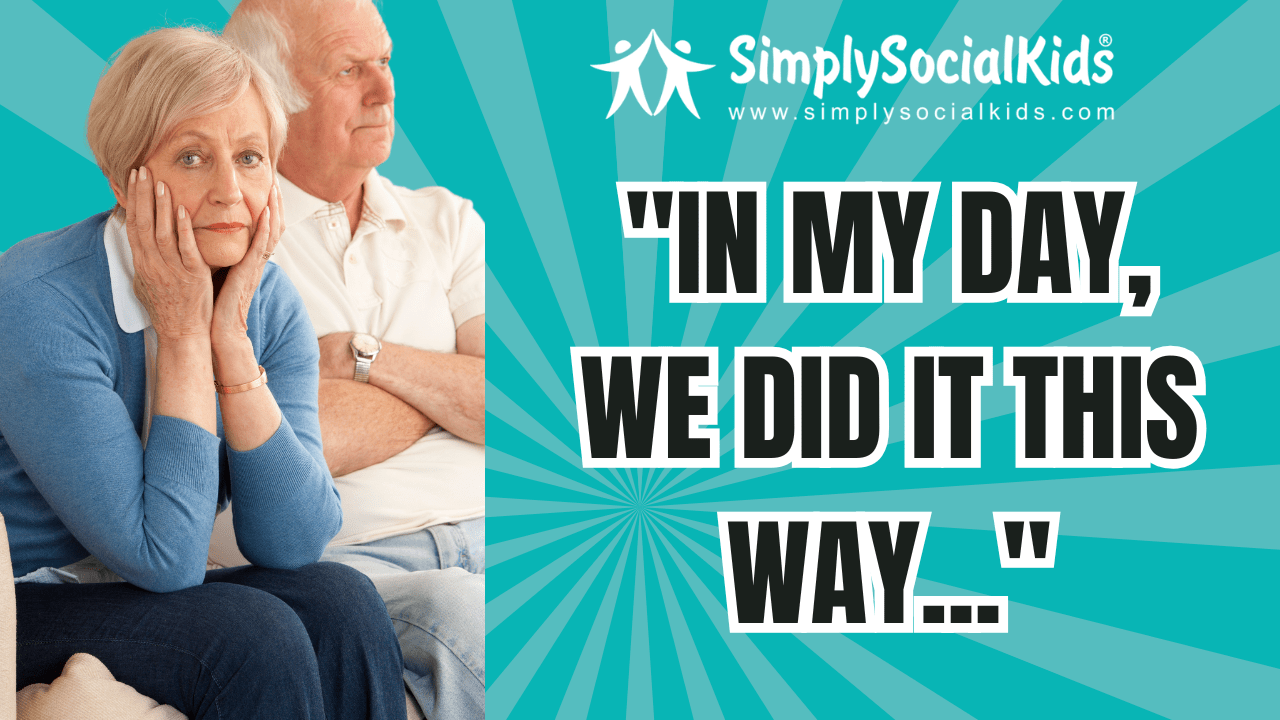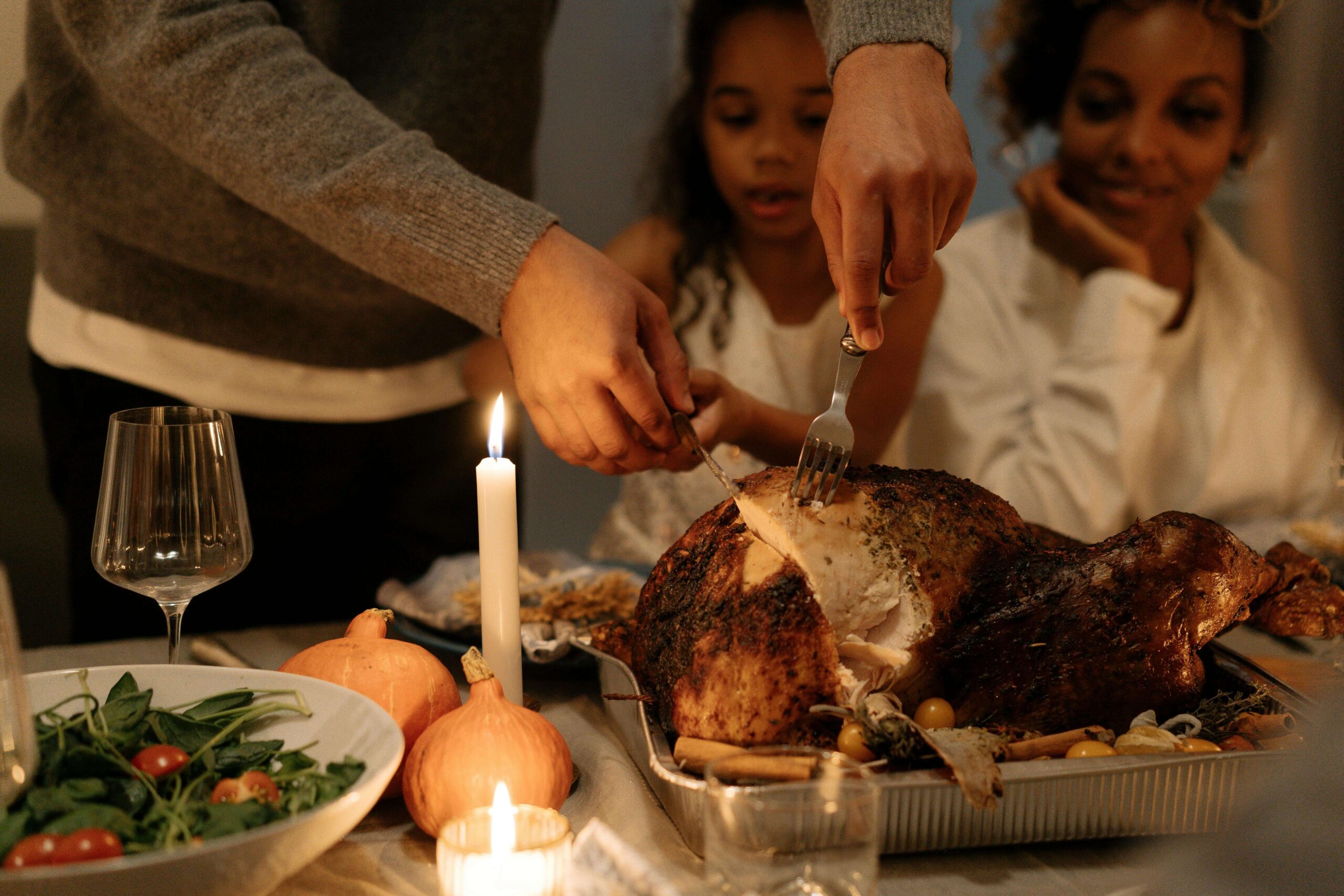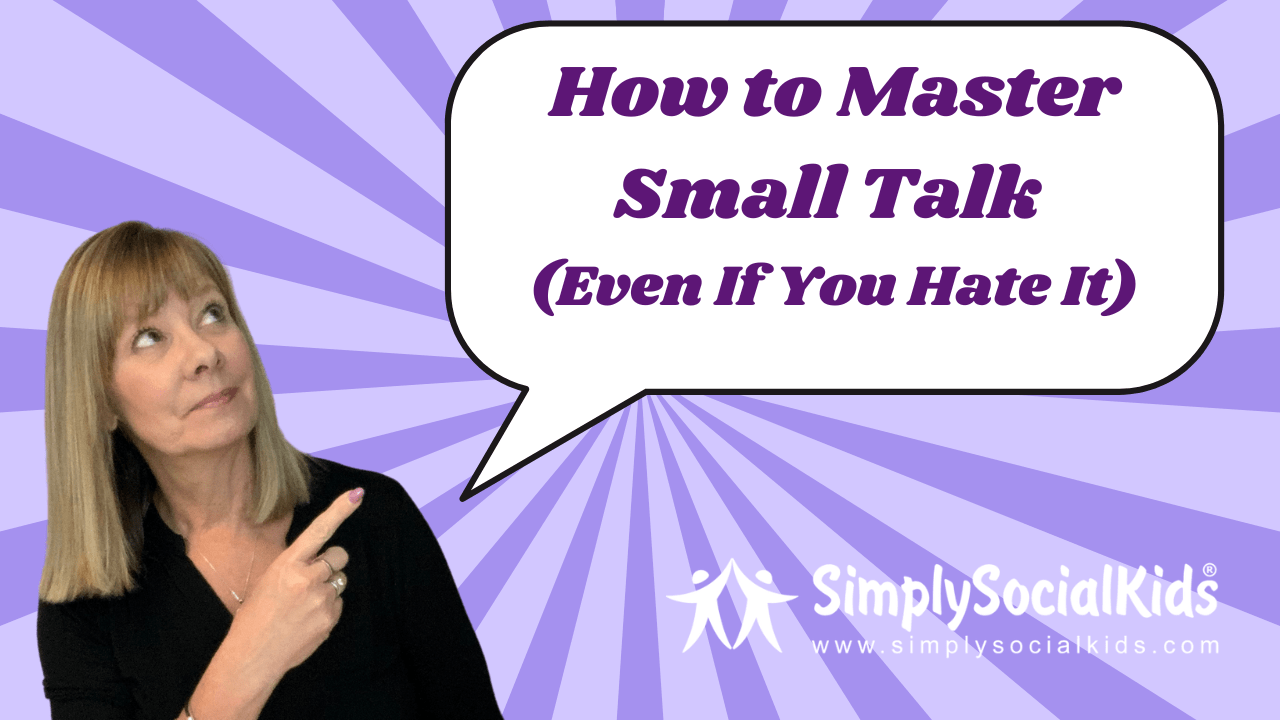
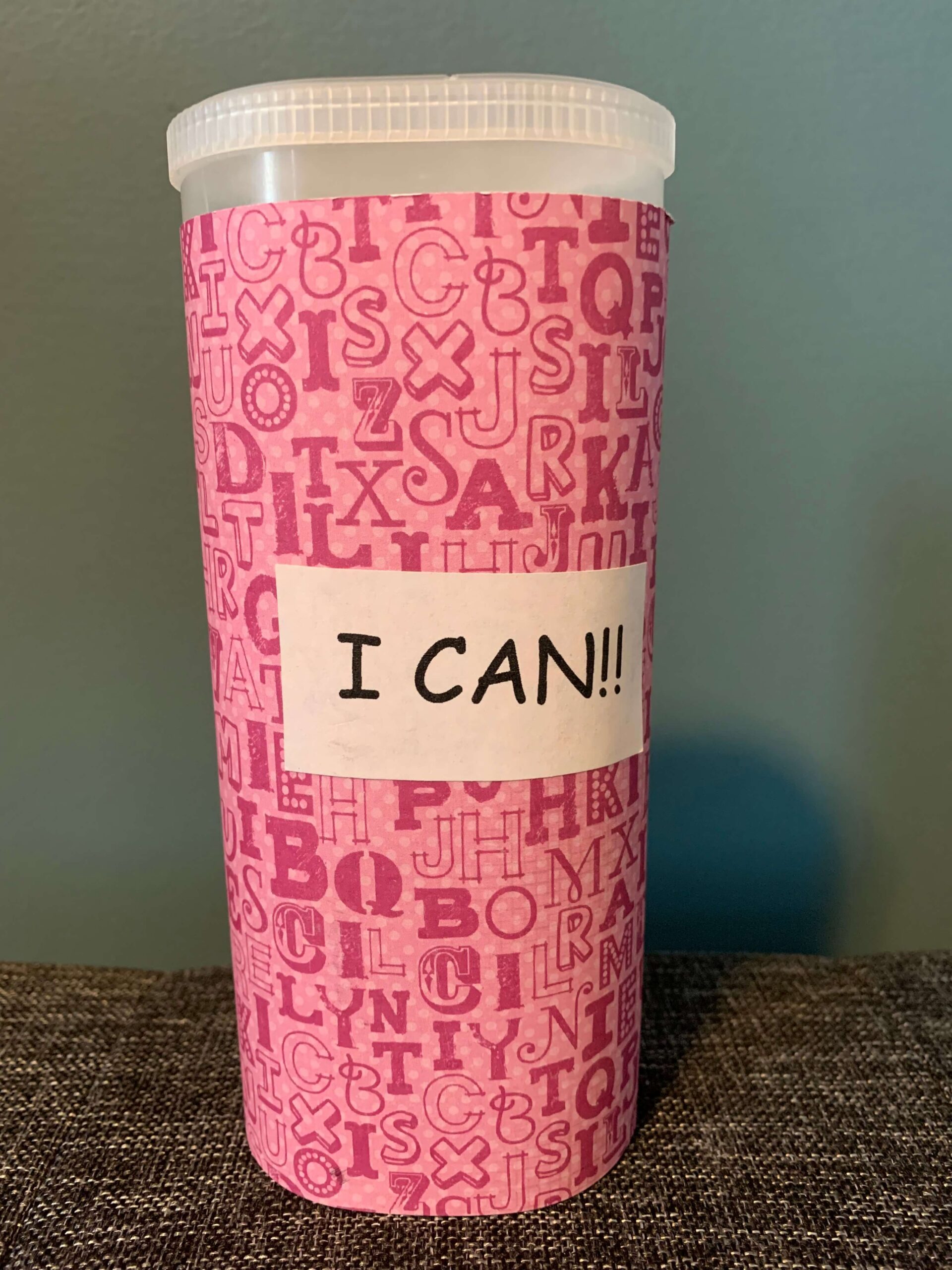
Anxiety can present itself in many different ways. Some kids will feel a tremendous amount of stress when they are supposed to speak. Their words can get stuck, even when they know what to say. They fear those awkward silences and the thought that they might say the wrong thing. People looking at them, waiting for them to speak, can feel unbearable.
Parents can feel immense social pressure when their kids won’t speak to people in public. They don’t want their child to be seen as rude, yet it can come across as bad manners. We have tips here for how to help with this issue, but we also recommend that the family seek counseling from a qualified therapist.
Some well-meaning adults feel that just telling someone to “speak up” will do the trick. This “advice” is very similar to telling someone not to worry – it relies on that person’s existing willpower. If you have ever made a New Year’s resolution, you likely know how ineffective that approach can be. It also oversimplifies what is a much more complex social situation for the person who is struggling.
Since “speak up” is not going to work, what will? There are a few ways to approach thinking about this:
Learn to Understand Anxiety and the Brain – Our logical thinking is processed behind our forehead (prefrontal cortex) and our anxious thoughts are handled in the middle of our brains in an area called the amygdala. When anxiety spikes, those thoughts move from the logical center of the brain to the worry center. Once that occurs, the ability to solve the problem is replaced with fight, flight or freeze reactions. This creates a situation for kids because they need to be able to problem solve what has gotten them upset but they are not in the right mind to be able to consider solutions. Finding calm is the best way to stay in the logical mind, so that the problem solving area of the brain stays in charge. When kids understand the basics of how the brain works as it pertains to anxiety, they begin to use their intellect to manage their worries. Anxiety is such a powerful emotion, understanding how it works from a brain science, cognitive level can help kids to feel more in control.
Anxiety is a Future Emotion – Anxious thoughts often start with the words “what if…” People who have anxiety want to know what to expect, and might even want to try to control what might happen. Since they don’t have a crystal ball and are not able to exert control over their future, their anxiety grows. Kids can be taught to listen to their thoughts for “what if’s” and then change them to “what is” or “I can.” Eventually they will learn to handle what is in the moment rather than what might be. It might be helpful and fun to create an “I Can” can. This is a decorated can that has notes with coping tips for the things your child worries about. Each time a worry arises, work with your child for another way to think of the situation and add it to the can. (see image of I Can can.)
Strategies to counteract the anxiety – One very effective strategy is to think about the situation by considering and writing down:
The best case scenario
The worst case scenario
The most likely outcome.
Most of the time when kids use this exercise, even the worst case scenario will be something that they can deal with, even if unpleasant. Considering a situation in this way keeps their thoughts in the logical part of their mind (prefrontal cortex) and out of the worry center (amygdala).
Reduce the bad but also increase the good – An aspect of controlling anxiety that many people do not consider is a sort of life balance. When thinking about how to be happy, many people will think, “How do I get rid of the bad things in my life?” Less often do they consider also how to increase the things that are good. For example, let’s assume that someone has been bullied and the bullying resulted in a loss of friends. Getting the bully to stop would certainly get rid of a bad thing in that person’s life. But it they also need more solid friendships with people who wouldn’t turn against them at the whim of a bully. Seeking and finding more solid friendships would counterbalance getting rid of the bad by increasing the good.
You might have noticed that none of the tips given here outwardly encourage the shy, anxious person to speak. If people can understand their anxiety, use proven strategies to manage it, and increase the positive aspects of their lives in conjunction with reducing the negative elements, the words will likely come.
If your child/teen/young adult needs coaching to help them make friends, contact us to schedule a trial https://calendly.com/simplysocialkids/30min or find out more about our weekly programs by contacting us at 978-764-2758 or info@simplysocialkids.com.


